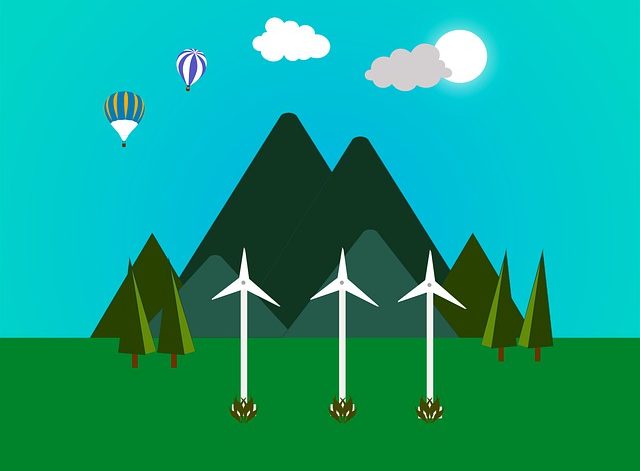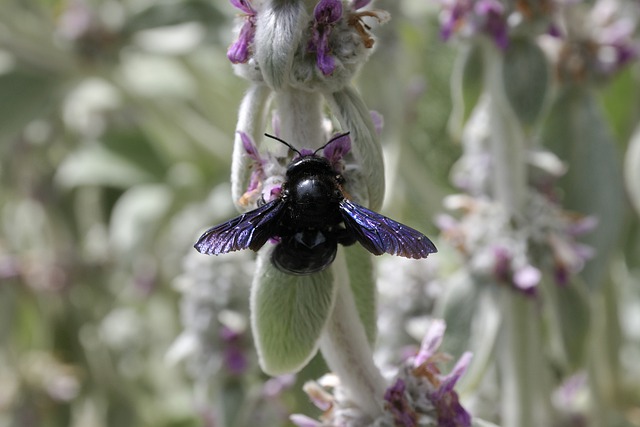What is meant by the term Climate Anxiety or Eco- Anxiety?
As we hear about the concerns and environmental issues being reported and raised, everyday brings a new worry about the current climate issues and the natural disasters brought on as a result of it. This worry, concern, fear and tension arising due to climate change is termed as Climate Anxiety or Eco-Anxiety.
An individual may feel helpless as the government policies do not prioritize the environmental concerns being raised and the necessary mitigation and precautions needed to be taken. At the current stage, we are way past individual efforts and there is an urgency for action against climate change at a larger scale by policy makers and authorities. Therefore, this sense of dread over the future of Earth and its inhabitants is a reasonable one and is known as Eco-anxiety.
Also read: Environment Discrimination and the Importance of Environmental Justice
CAUSES OF ECO-ANXIETY:
As mentioned above, everyone is susceptible to eco-anxiety and feeling concerned and worried about their future, after all we are all inhabitants of the earth and will be effected by the climatic changes.
However, some individuals experience it more than others like those with:
- Lived Experience: people who have lived on a land that is now threatened by the consequences of climate change such as droughts, or floods and they would be forced to move from those areas where generations of their ancestors have lived. The constant worry of their livelihood or habitat being threatened would cause them great psychological stress and possibly even Eco-anxiety.
- News coverage: frequent news reports of disastrous natural events is just like doom scrolling on social media where one consumes information about declining rainforests, endangered species, extinction reports, wildfires, hurricanes, floods, earthquakes and destruction of the marine habitat etc. that one is unable to do anything about and which is also inevitable and a looming threat above us.
- Regret of own actions: The feeling of regret because of any past actions that may have contributed to the climate change or environmental pollution is a strong one, especially when one feels it is too late to change or that there is very limited time to make a significant change that could impact the climate positively. These can include regret over using plastic materials like straws and cups, littering, increased carbon footprint, vehicular emissions and wasting water etc.
- Children, women and the elderly are all vulnerable as well. The cause is the same for all however, the solution being not immediately available is what puts them in grave danger.
You might also want to know about: What is Climate Justice and Why Is It Important?
EFFECTS OF ECO- ANXIETY:
- Large populations would be displaced due to evacuation from potentially threatened sites, there would be settlement issues.
- Communities living on coastal areas are vulnerable to coastal storms, cyclones and even at risk of disrupting their livelihood.
- Indigenous and native people are particularly vulnerable as they are threatened with geological changes and natural disasters.
- Due to the climate change, many areas have seen changes in pattern of rainfall, this has resulted in areas where rainfall used to be low to be raining all day and it has effected the mood of the people with many being affected by Seasonal Affective Disorder (SAD) as the lack of sunlight may cause anxiety and make the individual’s mood gloomy.
- Changes in temperature may also effect people taking psychiatric medications that alter the body temperature and cause temperature regulation issues. Such people’s health may be affected negatively.
In fact, the bottom line is that cases of eco-anxiety seems to be more common and profound in those with some degree of awareness about the environment itself. This leads to sleep disturbances, nervousness, feeling anxiousness which are some of the more common symptoms. This was most common when the pandemic hit and people had to be quarantined. The feeling of anxiousness, isolation and depression were common talk. You may like, Climate Change Impacts on Human Health- Pandemics and The Future
Some of the most vulnerable communities are those that are in a disadvantaged socioeconomic position, less privileged socioeconomic zones and people with chronic illnesses. Eco-anxiety comes hand in hand with climate change and only active measures can help curb its spread in populations.
You may also be interested in:
Brief History or Environmental Movement and Environmentalism
What is Green Gentrification? – Causes and Impacts
I hope you all liked this post! Please comment below if you have any suggestions, comments, or feedback! We at #envpk love hearing from our readers! Thanks!




